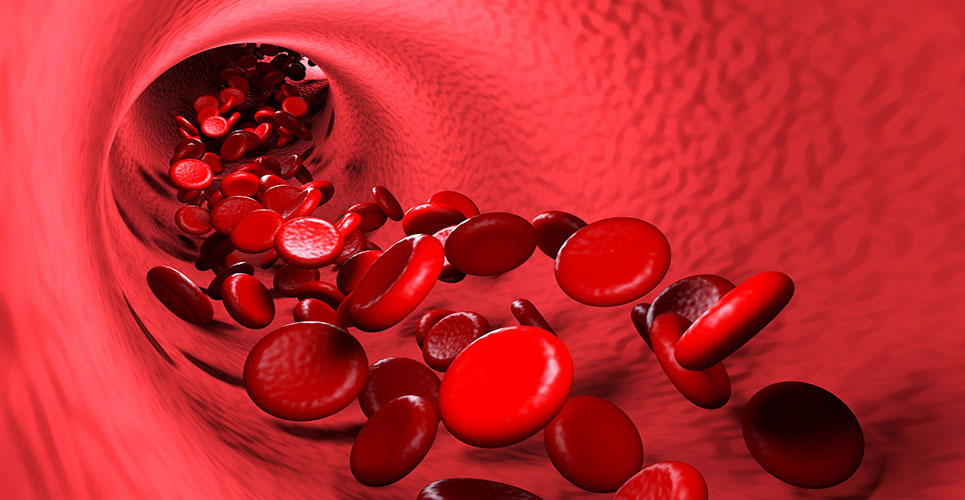teaser
Genzyme Corporation have announced that the US Food and Drug Administration has granted marketing approval for Mozobil (plerixafor injection), a drug intended to be used in combination with granulocyte–colony stimulating factor (G-CSF) to mobilise hematopoietic stem cells to the bloodstream for collection and subsequent autologoustransplantation in patients with non-Hodgkin’s lymphoma (NHL) and multiple myeloma (MM).
The product has also been granted orphan drug designation.
“Mozobil is an important advancement in the treatment of patients with certain types of cancer who require a stem cell transplant,” said John F. DiPersio, professor, Washington University, St. Louis.
“This product should become an integral part of the treatment regimen for transplantation because of the benefits it offers to patients, physicians and transplant centres.”
Mozobil is designed to mobilise hematopoietic stem cells from the bone marrow into the bloodstream where they can be collected, making it more likely for patients with certain types of cancers to proceed to transplant.
Currently, before a transplant can take place, patients may receive a prescribed dose of chemotherapy and/or other drugs called growth factors to help mobilise their hematopoietic stem cells into the bloodstream.
Once the cells are released into the bloodstream, they are collected in preparation for a transplant.
In order for the transplant to take place, a minimum number of approximately 2 million stem cells per kilogram of body weight must be collected. For many patients, this process can take three or four hours over multiple days to complete.
Even then, some patients are not able to mobilise enough cells, and a transplant is not possible.
“For many cancer patients, moving on to a transplant is their only hope for remission or a cure,” added Dr. DiPersio.
In the pivotal studies of Mozobil, 59 percent of patients with NHL who received Mozobil and G-CSF collected the target number of at least 5 million stems cells/kg of body weight in four or fewer apheresis sessions compared with 20 percent of placebo patients.
The median number of days to reach the target cell count was three days for the Mozobil group and not evaluable in the placebo group. Seventy-two percent of patients with MM who received Mozobil and G-CSF collected the target number of at least 6 million stem cells/kg of body weight in two or fewer apheresis sessions compared to 34 percent of placebo patients.
The median number of days to reach the target cell count was one day for the Mozobil group and four days for the placebo group. The target numbers of stem cells in the pivotal studies were chosen based on literature that suggests that reaching these targets can help to facilitate engraftment. Updated 12-month follow-up findings showed that graft durability rates for patients in the Mozobil plus G-CSF and placebo plus G-CSF arms were comparable.
In addition to its expected benefits for patients with NHL and MM, Mozobil may offer economic benefits for transplant centers. The product has the potential to decrease the number of apheresis days and provide transplant centers with predictable and efficient use of the apheresis center. Mozobil may also reduce the number of patients who require a second mobilization procedure due to a failure to mobilize sufficient numbers of cells with current therapy of G-CSF alone.
“Mozobil is an exciting and innovative new treatment that expands Genzyme’s contribution to the field of Hematology and Oncology,” said Joseph Lobacki, senior vice president and general manager, Genzyme Transplant and Oncology.
“We look forward to strengthening our partnership with the blood marrow transplant community to make this product broadly available to patients who are facing transplantation procedures for non-Hodgkin’s lymphoma or multiple myeloma.”

